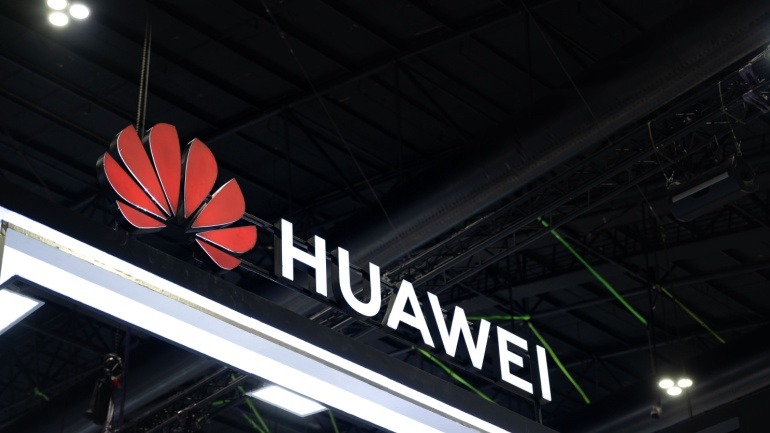The telecommunications industry is witnessing a rapid transformation, largely driven by the rise of CPaaS, or Communications Platform as a Service. Integrating AI and multichannel messaging, CPaaS enables organizations to embed communication and automation into workflows seamlessly. This trend responds to desires for enhanced efficiency, reliability, and engagement in business communications.
CPaaS platforms are especially adept at improving customer and employee interactions across various channels—from messaging apps to voice. By preserving context and anticipating needs, they deliver faster, more meaningful responses, enhancing satisfaction and empowering employees with actionable insights. These capabilities were the focus of a recent discussion with industry leaders from Sinch, Vonage, Five9, and 8×8, highlighting how CPaaS is revolutionizing workflow automation.
A key driver of this change is conversational intelligence. Customers experience personalized communications with context maintained across SMS, messaging apps, and voice calls. For organizations, AI-powered tools streamline workflows and elevate internal communications.
Anna Jäger from Sinch emphasizes the transformative role of Rich Communication Services (RCS), which makes messaging more interactive and trusted. With significant adoption, including by Apple, RCS brings richer communication to a wider audience, offering businesses the opportunity to connect dynamically with their customers.
Conversational intelligence also plays a crucial role in removing friction in customer interactions, noted Aaron Seyler from Vonage. Context-carrying interactions ensure customers aren’t burdened with repeating themselves, while AI-powered notifications enhance personalization.
The benefits of workflow automation extend to reducing manual steps and speeding up communications, as highlighted by various experts. Workflow automation facilitates CRM integration, analytics, and real-time routing, streamlining operations and cutting costs.
Looking ahead, the future promises widespread adoption of CPaaS-driven conversational intelligence in diverse sectors such as retail, healthcare, and finance. Technologies like RCS, AI-driven customer support, and hyper-personalized messaging campaigns will enhance engagement and operational efficiency.
Balancing automation with human interaction remains crucial. Experts agree that AI and human agents complement each other best in an integrated system, ensuring that automation doesn’t replace the empathetic touch required in certain contexts. Striking this balance is key to providing seamless and meaningful interactions for both customers and employees.
Security, privacy, and compliance are central to deploying CPaaS solutions enhanced with conversational intelligence. Organizations must ensure data protection, monitor access to AI systems, and adhere to regulations to maintain customer trust. A strong security strategy includes encryption, real-time fraud detection, and regular audits.
In conclusion, CPaaS provides a flexible and scalable foundation for transforming communications, driving automation, and enabling richer interactions across platforms. By integrating AI, CPaaS not only optimizes workflow but also redefines customer and employee experiences, offering substantial business value.







